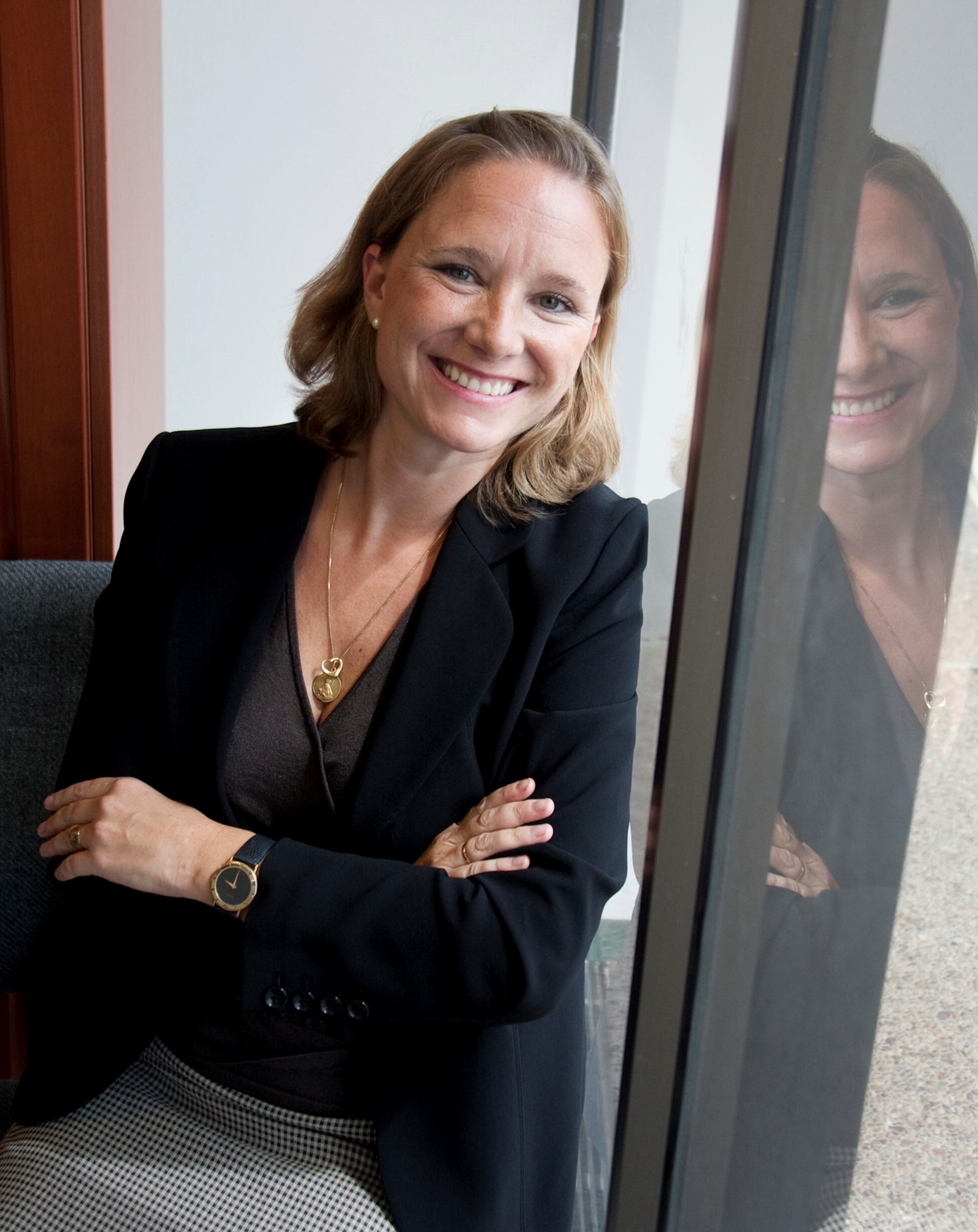
Recorded Mini Workshop #13- Positive Affect Treatment for Affective Disorders (2023 CONVENTION RECORDING)
-
Register
- Non-member - $35
- Member - $25
- Student - $15

Alicia Esperanza Meuret, Ph.D.
Professor of Psychology
SMU
Dallas, Texas
Recorded on Saturday, November 18, 2023 at the 57th Annual ABCT Convention in Seattle, WA
1.5 CE Credits Awarded
$15 Student ABCT Members / $25 ABCT Members / $35 Non-Members
All prices listed in US currency
Abstract:
Individuals with depression or anxiety often experience a loss of pleasure, interest, or joy in usual activities. Low positive affect (a core feature of anhedonia) is a risk factor for poor prognosis and suicidality, yet treatments to date have been relatively ineffective in targeting it. Based on advances in behavioral and neuroscience, Positive Affect Treatment (PAT) was developed to specifically target areas of reward sensitivity that are believed to contribute to anhedonia. These include the anticipation and motivation for reward, the response to reward attainment, and the learning of associations between actions and reward outcomes. PAT is a 15-session intervention composed of three modules targeting behaviors (Actions Toward Feeling Better), cognitions (Attending to the Positive), and Building Positivity. Each module has a set of skills that focuses on building the capacity to look forward to, attend to, enjoy, and savor, and learn about positive and rewarding experiences. The premise is that by building capacity for reward, not only will rewarding experiences be felt more strongly (rather than being dismissed), but negative experiences (internal or external) will also become less predominant. Randomized controlled trials comparing PAT to cognitive behavior therapy for individuals with moderate to severe depression or anxiety resulted in higher positive affect, lower negative affect, and superior reduction in symptoms of depression, anxiety, and suicidality.
Learning Objectives:
At the end of this workshop, the learner will be able to:
1. Describe the efficacy and mechanisms underlying the positive affect treatment (PAT) for anxiety and depression.
2. Explain the treatment modules and related techniques of PAT.
3. Assess suitability and priority of PAT techniques based on patient's reward sensitivity deficits.
Recommended Readings:
1. Craske, M. G., +Meuret, A. E., Echiverri-Cohen, A., Rosenfield, D., & Ritz, T. (in press). Positive Affect Treatment targets reward sensitivity: A randomized controlled trial. Journal of Consulting and Clinical Psychology.
2. Craske, M. G., +Meuret, A. E. Ritz, T., Rosenfield, D., Treanor, M., & Dour, H. (2019). Positive Affect Treatment for depression and anxiety: A randomized clinical trial for a core feature of anhedonia. Journal of Consulting and Clinical Psychology, 87, 457-471.
3. Meuret, A.E., & Craske, M.G. (in press). Positive Affect Treatment. In C. B. Nemeroff & W. E. Craighead (Eds.), Anxiety and depression: Diagnosis and treatment. American Psychiatric Association, Publishing.
****************************************
All attendees will receive a certificate of completion when the course requirements are satisfied. Certificate of completion is included in the cost of the webinar
The Association for Behavioral and Cognitive Therapies incurs significant administrative cost related to your registration before a webinar. Therefore, there are no refunds for live webinars. If you unable to attend a webinar, we will provide you with the recorded version after the live presentation (which is still eligible for CE credit). If you wish to cancel or request to transfer your webinar registration to another webinar please email your request to membership@abct.org.
ABCT is approved by the American Psychological Association to sponsor continuing education for psychologists. ABCT maintains responsibility for this program and its content
The Association for Behavioral and Cognitive Therapies has been approved by NBCC as an Approved Continuing Education Provider, ACEP No. 5797. Programs that do not qualify for NBCC credit are clearly identified. The Association for Behavioral and Cognitive Therapies is solely responsible for all aspects of the programs
The Association for Behavioral and Cognitive Therapies is recognized by the California Board of Behavioral Sciences for Marriage and Family Therapist (MFT) to offer continuing education as Provider #4600
Association for Behavioral and Cognitive Therapies (ABCT), is recognized by the New York State Education Department’s State Board for Psychology as an approved provider of continuing education for licensed psychologists #PSY-0124

